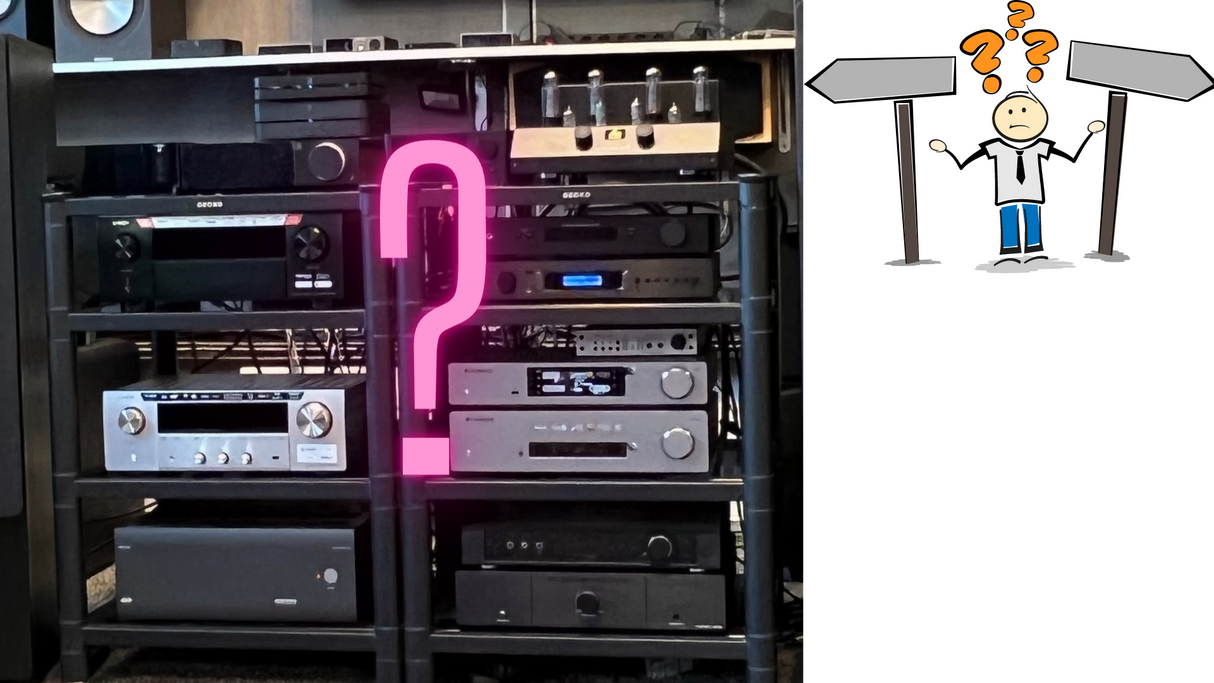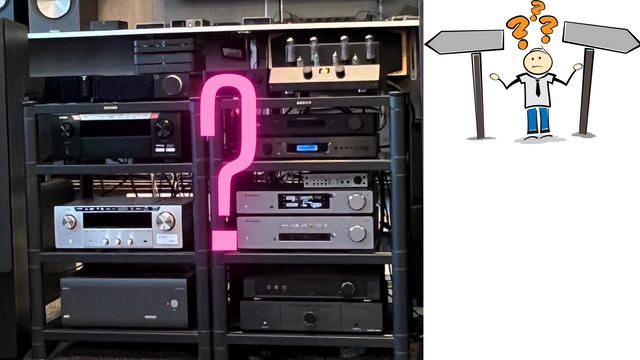When looking for a home audio amplifier, there are several criteria to consider to make sure you get the right device for your needs. Here are some key factors to keep in mind:
Output Power: This is the amount of power an amplifier can deliver to your speakers, usually measured in watts. You should choose an amplifier with enough power to properly drive your speakers without causing distortion or damage. Be sure to check the power of your speakers and choose an amplifier that meets or exceeds this figure.
Number of Channels: An amplifier's channel count refers to the number of individual audio signals it can process and output to your speakers. A 5.1 or 7.1 channel amplifier will be sufficient for most home theater systems, but if you have a more complex setup, you may need more channels.
Compatibility: Make sure the amplifier you choose is compatible with other components of your audio system, including your speakers, receiver, and other audio sources. Check the connection options, such as HDMI, optical, and RCA, and make sure they match the inputs on other devices.
Features: Look for an amplifier that offers the features you care about, such as 4K video support, Wi-Fi connectivity, and support for popular streaming services like Spotify and Tidal.
Brand and reputation: Choose a reputable brand of amplifier with a good reputation for quality and reliability. Read reviews from other customers and industry experts to learn about the performance and durability of different models.
Price: Finally, consider your budget when choosing an amplifier. While it's important to invest in a quality device, you don't want to overspend and get unnecessary features or capabilities. Compare the prices of different brands and models to find the best value for money.




